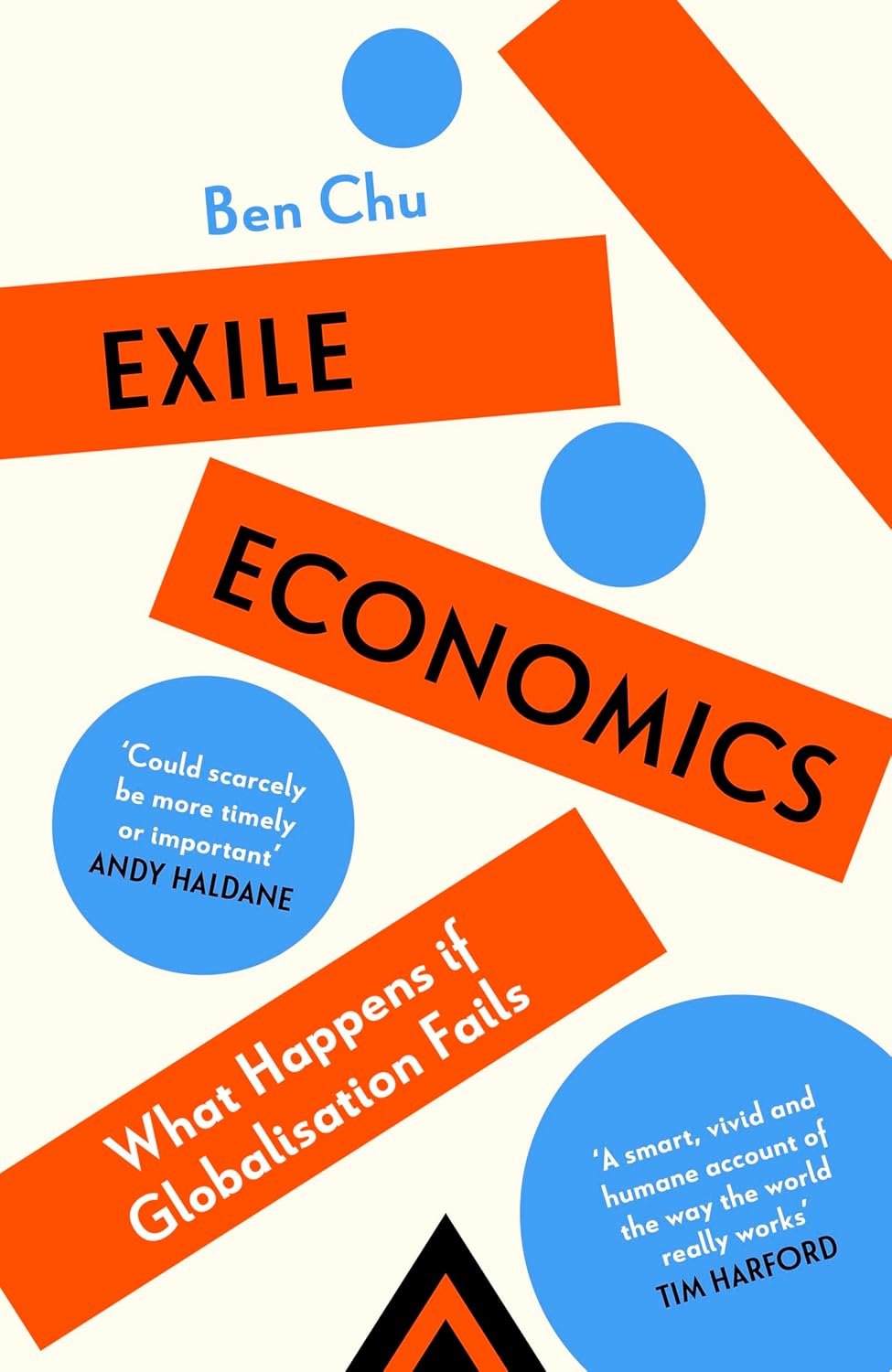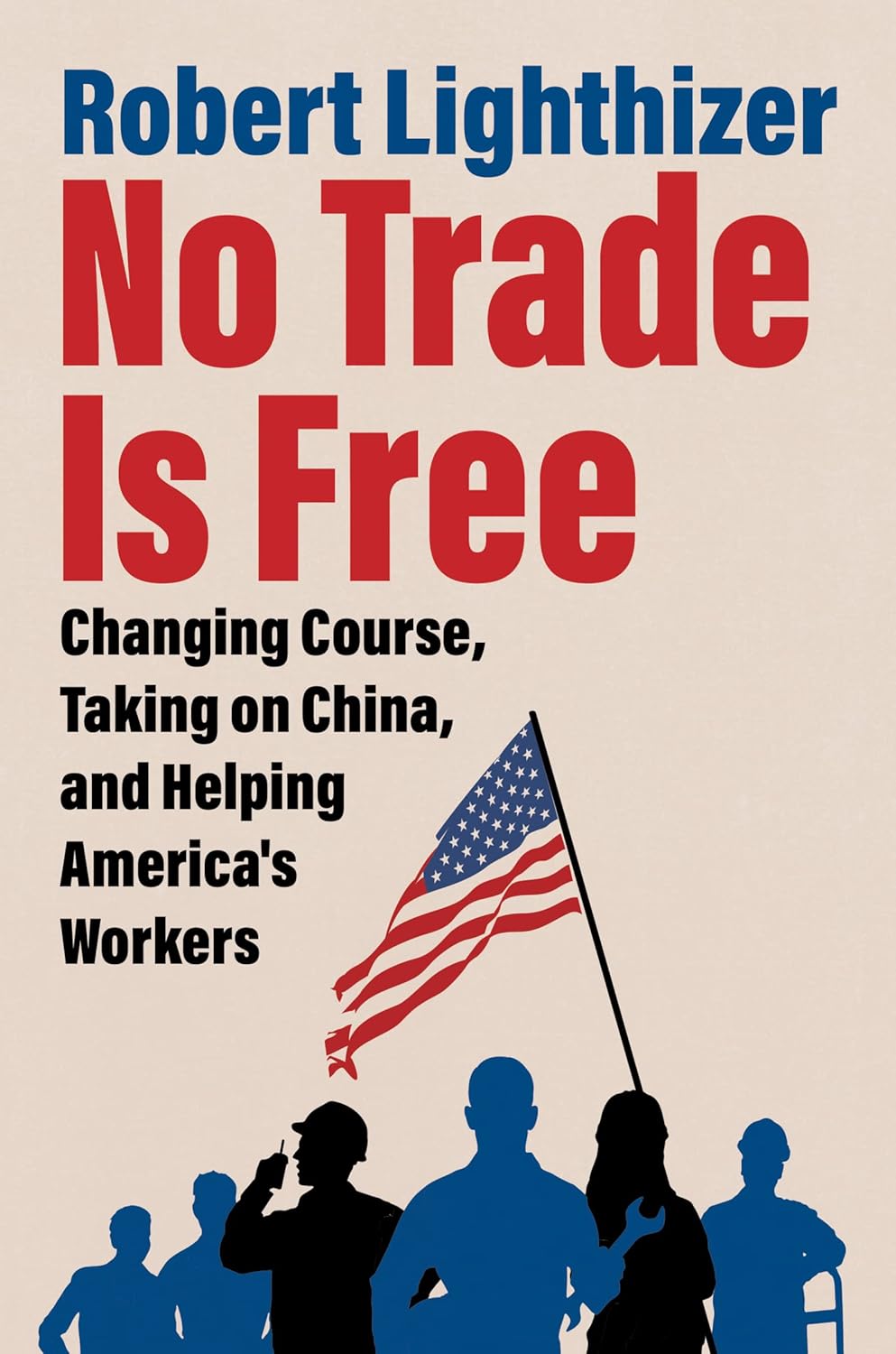Donald Trump likes to tell us that ‘tariff’ is ‘the most beautiful word in the dictionary’. He does not remind us that the word comes from the Arabic ta’rif, or that such duties were first applied by medieval sheikhs and sultans in some of the places he has designated as ‘shithole countries’. They were not really things of beauty either, being modest tolls to raise a little revenue, not intended to keep out foreign stuff, and were seldom charged at more than 5 per cent. It was the same in ancient Greece and Rome: customs duties were charged at ports of entry at rates of between 1 and 5 per cent. In Rome, the portoria on luxury imports – silk, pearls, incense, pepper – could go much higher, up to 12 or even 25 per cent, but these were sumptuary taxes, to appease killjoys such as Seneca and Pliny. They too were not protective, being levied on goods that Rome could not produce itself.
Trump once scribbled a note on the way back from a frustrating G20 conference: ‘TRADE is BAD.’ Classical thinkers would have tended to agree, if not on quite the same grounds. Aristotle thought that the life of tradesmen and mechanics was ‘ignoble and inimical to virtue’. He rather approved of the way that Thebes disqualified business types from public office until they had been retired for ten years. In The Laws, Plato deplores people living near harbours: ‘Although there is sweetness in proximity for the uses of daily life; for by filling the markets of the city with foreign merchandise and retail trading, and by breeding in men’s souls knavish and tricky ways, it renders the city faithless and loveless.’ Self-sufficiency, autarkeia, was always preferable, trade at best a necessary evil. Only Pericles, according to Thucydides, had positive things to say about an open commercial society:
The greatness of our city brings it about that all the good things from all over the world flow in to us, so that to us it seems just as natural to enjoy foreign goods as our own local products … Our city is open to the world, and we have no periodical deportations in order to prevent people observing or finding out secrets which might be of military advantage to the enemy.
It was also Pericles, however, who brought in a law forbidding foreign-born Athenians from claiming full citizenship, which would certainly have appealed to Trump (though his wife would have fallen foul of the law, as indeed did the second wife of Pericles).

